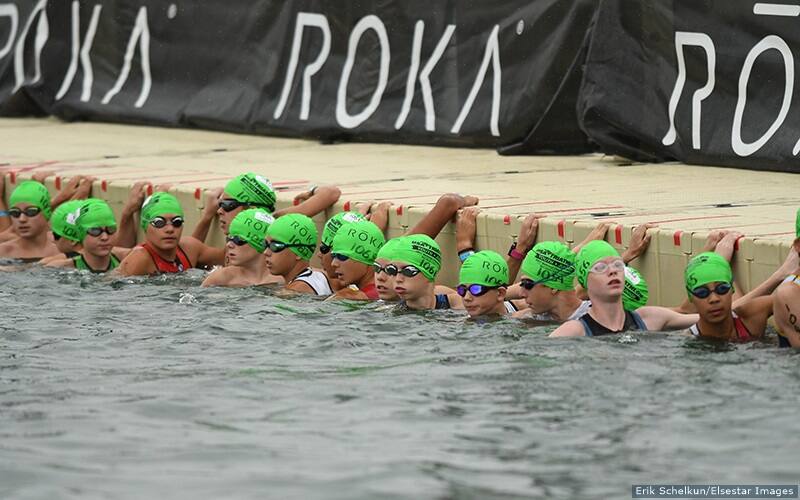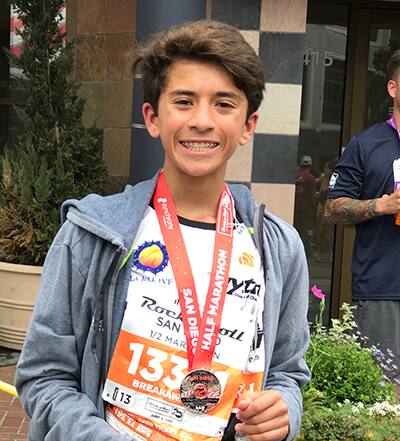How Exercise Can Help You Do Better in School
by Kenan Pala

There is a common misconception that athletics distract kids from their academic work, but the opposite is actually true. Athletic programs don’t cause kids to fall behind. Instead, athletics teach kids to work hard and always try their best, reducing stress for kids who get most of their worries from the classroom. As both an athlete and a student, school causes most of my stress. Athletics might not be quite as important as academics, but staying active helps kids be more well-rounded students.
Athletic kids learn to work to the maximum. When they push themselves in various sports, they can apply those lessons to academics. Time spent exercising can take up potential study time, but the lessons learned away from the books can make those study hours more valuable.
According to research from Child Trends, a nonprofit focused on the well-being of young people and their families, athletic participation positively correlates with academic performance. Student-athletes get better grades, miss fewer classes, get in less trouble, and graduate at a higher rate than non-athletes. I always put my academics first because good grades will help me succeed in life. But athletics also play an important role in my future and help me keep a positive perspective by reducing stress and teaching me time management skills.
How exactly do athletics help young students succeed? The following three benefits explain why training for triathlon makes hitting the books easier.
 1. Making the most out of study time: During exercise and competition, athletes must work hard and not give up. This mental training to perform at the highest level translates from athletics to academics.
1. Making the most out of study time: During exercise and competition, athletes must work hard and not give up. This mental training to perform at the highest level translates from athletics to academics.
After school and during lunch, I work on my homework. Unless I have a major project, I usually finish before I get home. I’m not rushing through my work — in fact, I am a straight-A student — but I work quickly because athletics teach me how to make the most of my time and keep my effort level high.
2. Decreased academic stress: Stress is one of the main causes of poor academic performance. Stressed kids are angry, frustrated and confused, which limits their ability to learn and focus on their studies.
During my elementary school years, I often felt stressed, but adding athletics to the mix did not create a distraction. Instead, it helped me work to the best of my ability in school. I was trained to work my hardest and had a physical outlet for my worries.
3. Natural happiness: After a hard workout, athletes experience something called a “runner’s high,” which is an enjoyable, natural post-workout feeling. A runner’s high is an example of how exercise makes kids feel happier, reduces stress and makes them feel more capable of doing other things well — like schoolwork.
Some people might say that after exercising, kids are too tired to do anything, but that isn’t true. In fact, I wrote this article after a workout. I wasn’t as excited about writing before I exercised, but once I finished, I was ready to do my best to write something that could help others see the benefits of exercise.
Whether they're writing an article or working on homework, athletics prepare students to do their best in every environment. I have seen the benefits of exercise in my own studies, and I hope others will learn from my experiences. Exercise is not a distraction for kids; it's a great way to learn important lessons that will help them succeed in class.
Kenan Pala is the 13-year-old founder of Kids4Community, a nonprofit that helps kids and their families give back to their communities in meaningful ways. Kenan also founded Kids Tri Hard,a clothing line that provides more affordable clothing options for youth triathletes.
The views expressed in this article are the opinion of the author and not necessarily the practices of USA Triathlon. Before starting any new diet or exercise program, you should check with your physician and/or coach.